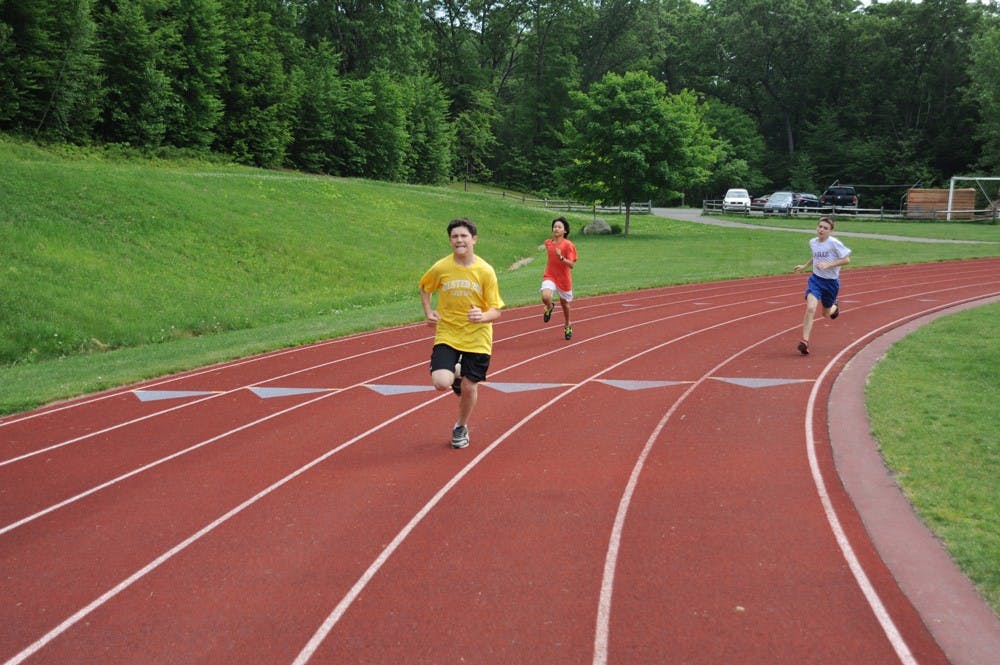Field day, 1998: I was a 6-year-old kindergartener, and it was my first participation in events in front of the whole school.
We each signed up for our choice of events, and my class won in the kindergarten division.
We took home ribbons of blue, red, white, yellow and green, but we had the most blue and red ribbons of any class.
We pinned them to our shirts for the day, and our book bags for the rest of the year.
The next three years or so, I do not remember being so lucky.
However, I recall the rally-cheers that I later chanted at my softball games with teammates.
I remember the thrill of uncertainty while fellow teammates competed for first place and the disappointment I felt when we dropped the ball, so to speak. I spoke to a friend whose two children now attend my old elementary school.
At field day, they no longer give out different ribbons, they give out one for participation.
Some youth soccer leagues do not keep score and always end in a tie.
In my own observation and experience, competition promotes maturity and a better grasp of reality.
It motivates people to do better when you measure your own achievements against someone else’s, and the drive to do better increases.
This works well in a controlled environment, like elementary school, where kids have (for the most part) equal opportunities to participate and excel.
Competition for children is an important lesson.
According to a report from North Carolina State University department, competitive factors depend on age groups, such as 6–8 or 9–12 year-olds.
These groups understand competition differently and different factors motivate the ages.
The report also said competition in schools is necessary to foster motivation, learn about abilities and limitations, handle losses and learn to work with others.
It is important to note that this information was published in 1993, while people in my generation were about to start school.
Nowadays, in the era of stage moms and dads, or parents who take coaching too far, it is perceived that competition can overwhelm a child.
Pushy parents may want to live vicariously through their kids according to a LiveScience article.
This may or may not be harmful to the child, though the idea has not been tested.
Parenting of this kind becomes a problem when a child is forced to participate in something he or she does not enjoy.
The child loses choice in what should be fun.
Other than children whose parents push them to excel, the younger generation has no accountability.
Technology becomes a pseudo parent, and parents act more like friends.
Kids do need support, but they need discipline, to be told they are wrong when they are not right, and to realize they cannot simply float through life being handed what they want.
Bring back first, second and last place.
Allow kids to work hard to earn the top position and feel disappointment when they fail. I think we need to return to saying, “You’ll get ’em next time, kiddo.”
There is the real world out there, and a whole generation of kids will experience a massive let down when they enter it.



The Slate welcomes thoughtful discussion on all of our stories, but please keep comments civil and on-topic. Read our full guidelines here.